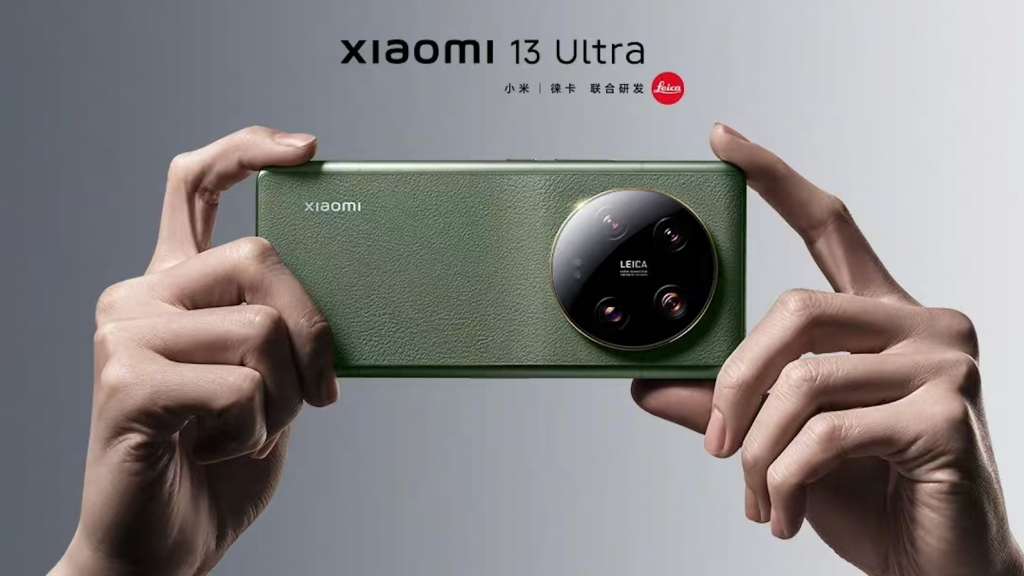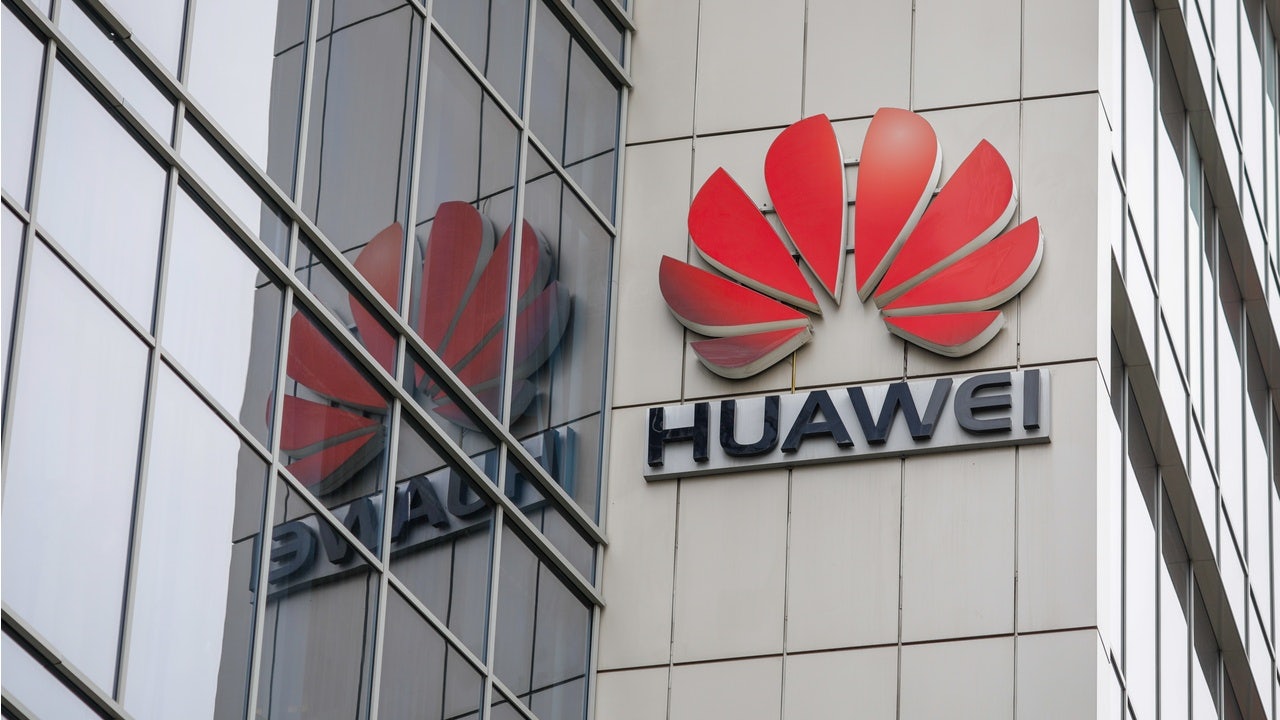In a surprising turn of events, tech behemoths Huawei and Xiaomi unveiled a global patent cross-license agreement on September 13, encompassing a range of communication technologies, notably 5G. This agreement, in essence, permits both parties to utilize each other's patents, fostering technical collaboration and paving the way for superior product development.
This newfound camaraderie between Huawei and Xiaomi, both giants in the tech realm, has taken the industry by storm. Earlier this year, the two were embroiled in a heated legal tussle over patent infringements. Huawei had initially taken legal action against Xiaomi, alleging violations of its patents in areas like 4G/LTE technology and mobile photography. Xiaomi retaliated by challenging the validity of several Huawei patents. As the tech world braced for the release of the iPhone 15, the two companies astounded many by opting for collaboration over confrontation.
However, when viewed through a strategic lens, this reconciliation is a pragmatic and mutually advantageous decision.

Xiaomi, despite its global presence, lags behind in patent holdings compared to giants like Qualcomm and Nokia. On the other hand, Huawei boasts over 120,000 authorized patents globally, raking in an impressive $560 million annually from patent licensing alone. This partnership with Huawei equips Xiaomi with a robust patent arsenal, propelling its competitive stance in the market. Furthermore, Huawei's reasonable patent fees present a cost-effective solution for Xiaomi.
For Huawei, this truce is timely. Recent years saw the company grappling with US sanctions and chip sector constraints, leading to a dip in its market dominance. As Huawei orchestrates its resurgence, aligning with a domestic ally like Xiaomi, rather than persisting in patent disputes, is a strategic move. This alliance not only ensures patent royalties from Xiaomi but also fortifies Huawei's market position and bolsters its R&D endeavors.
Market analysts predict that this partnership will usher in a new era in the tech landscape, potentially challenging Apple's dominance. Recent data reveals Apple's commanding 67 percent market share in China's high-end phone segment. However, Huawei, even with its 4G smartphones trailing competitors, clinched the second spot, indicating a revival. With other Android manufacturers, including OPPO and Vivo, vying for a slice of the high-end market, and government agencies and firms reportedly forbidding staff to use iPhones at work, Apple's dominance could waver in the Chinese mainland.
Industry experts interpret this Huawei-Xiaomi détente as a shift from individual rivalry to collective cooperation among Chinese smartphone brands, underscoring a silent tech war for global market supremacy. Professor Guan Yonghong, a prominent figure in the Knowledge Property Law Research Association of Guangdong Law Society, emphasized the need for "cross-complementary" collaboration over "individual confrontations." He believes that such synergies can elevate Chinese tech firms on the global stage, ensuring their sustained success in international markets.
